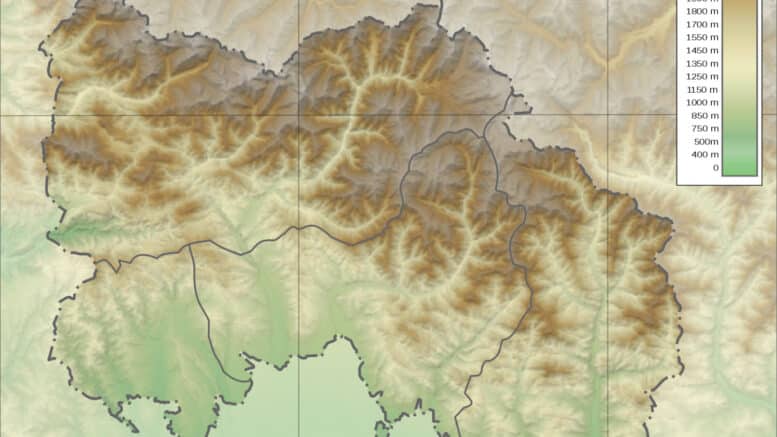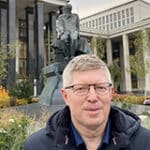The following bilingual Russian MiniLesson is meant to build your vocabulary by providing Russian phrases within English text. Hover over the bold Russian to reveal its English translation.
Оn August 28, Russia of South Ossetia. , dejure Georgia, but defacto it became a in 1992 and has effectively ruled itself ever since.
Political differences between South Ossetia and Georgia, as they attempted to negotiate the South Ossetia’s place in the new Georgian state, deteriorated to in 1991, after which South Ossetia . However, the international community did not recognize the new state. South Ossetia turned to Russia for protection during the peace negotiations with Georgia in 1992. Under a , South Ossetia, Georgia, and Russia agreed that a peacekeeping force made up of soldiers from all three countries would ensure peace in the region until a more permanent solution could be found. The region then became what is often referred to as a .
The major military confrontation between Georgian troops, on one side, and South Ossetia’s and Russian military, on the other side, which took place in August, 2008, was called by some Russian media. Other media called it only . Whatever it is called, although it is officially over, there is still no peace in the region, despite the mediation of French President Nicolas Sarkozy on behalf of the European Union. One of the reasons is that the interpret the in different ways.
Nicolas Sarkozy supports Georgia in its call for a Russia to immediately from Georgia. Point five of the peace agreement does state that Russia must withdraw its troops. However, this point also states that Russia has the right to until the international community can agree on a mechanism to ensure the security of the region. Thus, Russia argues, its continued presence and actions in Georgia are justified.
In official statements, the Russian Foreign Ministry has argued that all Russian military units were returned to Russia, except for those which are in South Ossetia by the request of the South Ossetian leadership for and that Russian have around South Ossetia, in accordance with point five of the peace agreement. This security zone contains staffed by a total of 500 Russian .
The six points are listed below (translation as used by the Associated Press):




